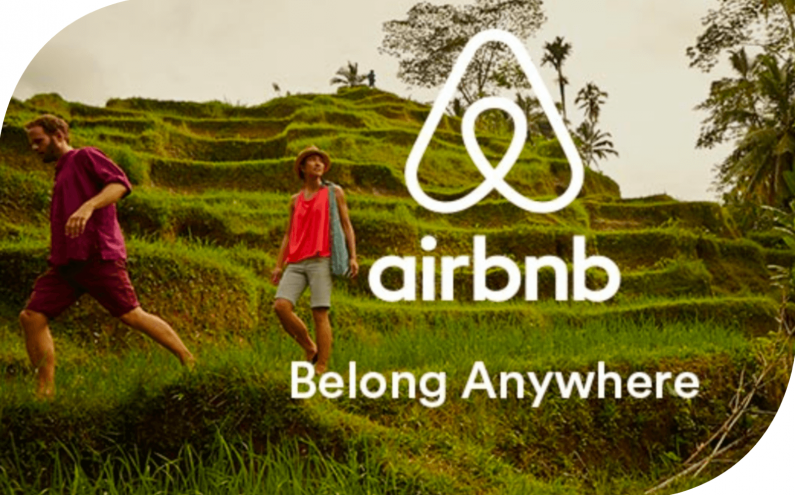
26 Feb Finding Your Brand Purpose
A recent Harvard Business Review study of 474 executives found that 89% of business leaders believe that a brand purpose is very important to the company’s success, but only 46% percent felt their organization had a strong sense of purpose.
If your company was not founded on the bedrock of a deep sense of purpose, crafting an inspiring brand purpose is challenging. It is easy to write a bad one. It’s hard to write an honest and inspiring one. If you go too high, it can feel like blather. If you stay to low, it can read like a corporate training manual. An insincere and poorly written brand purpose can invite mockery and skepticism. For a good laugh, visit Jon Haworth’s random mission statement generator.
To avoid this trap, we recommend using real, human language (not Corporate Speak) and ensuring that your organization is truly able to deliver on the purpose. Here are some good examples of well written purposes.
Google: To organize the world’s information and make it universally accessible and useful.
Airbnb: To make people around the world feel like they could belong anywhere.
How High Should You Go?
A bad brand purpose tends to focus on the things the organization offers rather than the people they serve. It is hard to write an inspiring good one. Good brand purposes are based in a truth about the brand. They speak to a deep human insight of their target audience. We encourage our clients to reach higher than the category benefit. For example, if you are in the airline business, at the lowest level, your purpose could be:
ACME Airlines: To get people safely from one place to another.
But when you explore why people want to fly in the first place, it becomes clear that there is a lot of emotion in air travel. And you have permission to rise above the category benefit. Southwest Airlines does this in their mission statement.
Southwest Airlines: To connect people to what’s important in their lives through friendly, reliable, and low-cost air travel.
There is a danger in going too high. If your brand cannot truly deliver on an exceptional brand experience, a brand purpose that goes too high starts to sound like corporate puffery (Fannie Mae: Our business is the American Dream.)
But if you are able to truly deliver on an amazing brand experience, you have permission to go even higher, like Virgin and JetBlue.
Virgin Airlines: To embrace the human spirit and let it fly.
JetBlue: To inspire humanity – both in the air and on the ground.
Employees want to find meaning in the hours they spend on their work every day. Work is driven by emotional drivers of achievement, belonging and creativity. It is never just about the paycheck. A clear brand purpose can inspire your team with meaning and focus.
Today, consumers also choose brands that align with their values. Brands that have a strong purpose and genuinely live up to it, outperform brands that don’t in the long run.
 Fritz Grutzner is president and founder of Brandgarten, a research and strategy firm that helps brands tell meaningful stories. He can be reached at fgrutzner@brandgarten.com.
Fritz Grutzner is president and founder of Brandgarten, a research and strategy firm that helps brands tell meaningful stories. He can be reached at fgrutzner@brandgarten.com.


